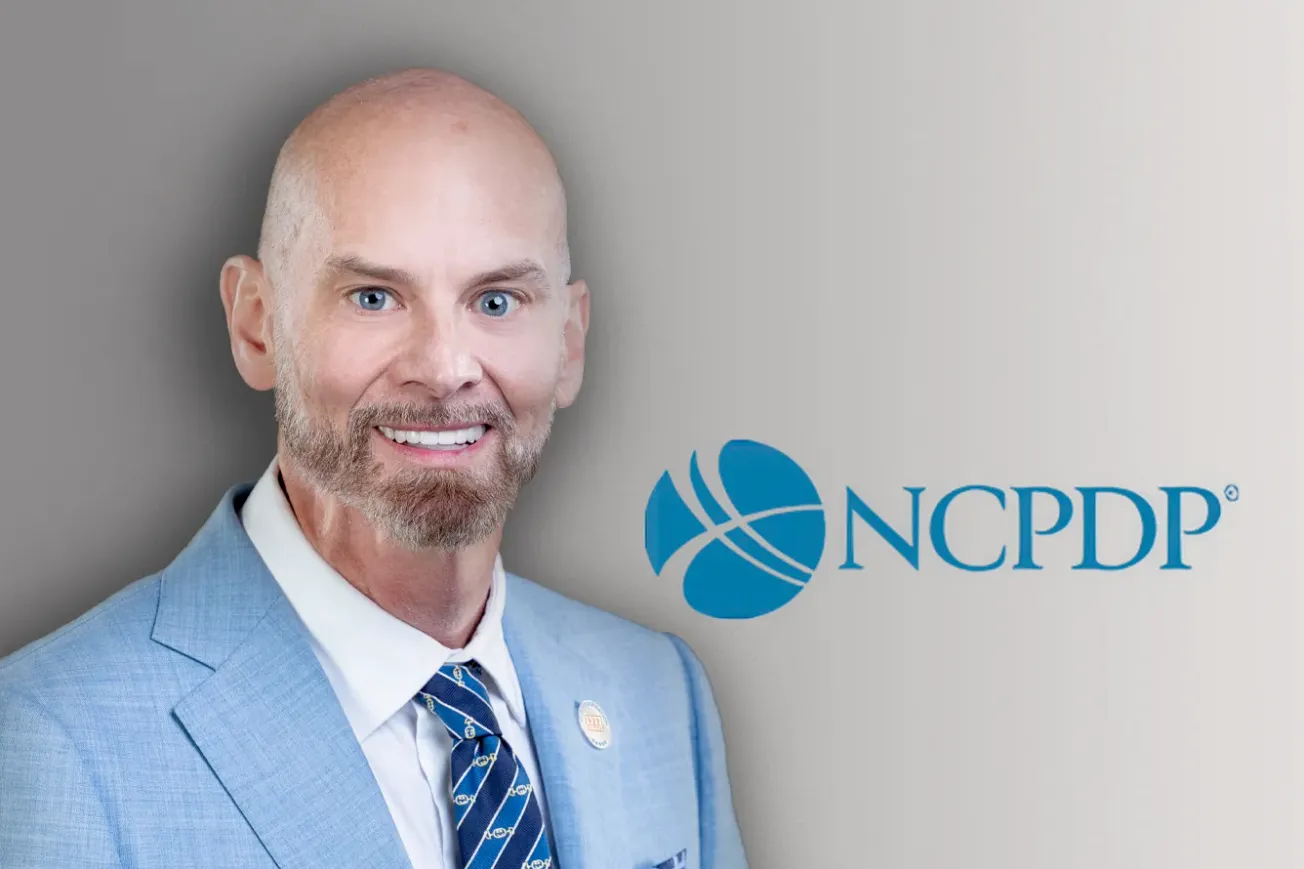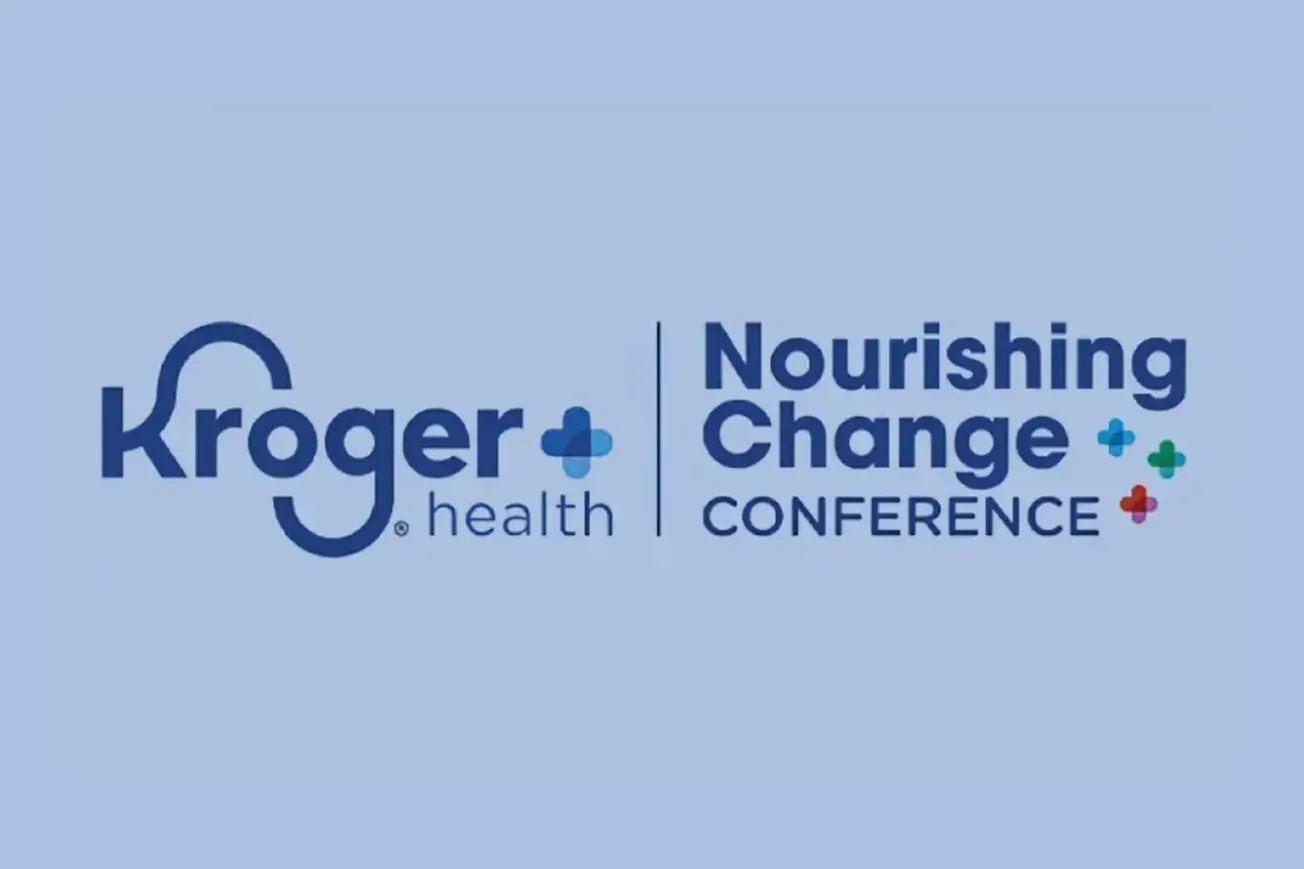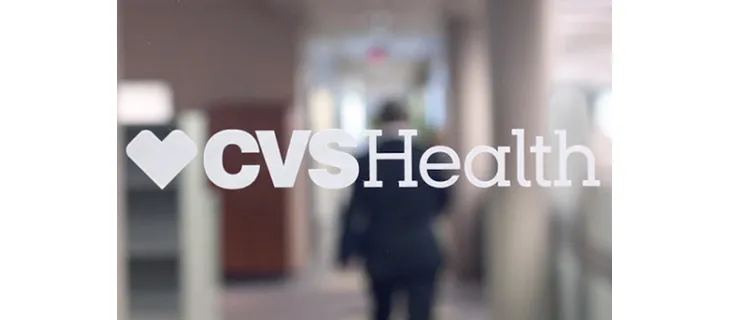Table of Contents
Is Karen Lynch one of the world’s 100 most influential people?
For the uninitiated, Lynch is the president and chief executive officer of CVS, one of the nation’s two largest drug chains and, additionally, a serious player in the health care community. Since taking on the role of CEO in 2021, she has remade CVS, transforming it from a drug store chain into a frontline provider of health care services to the American consumer. Under her leadership, the drug chain’s reach has expanded to more than 40,000 long-term care facilities while increasing vaccine access to vulnerable, low-income communities. Additionally, she has led a movement to reduce the cost of women’s health care products by unilaterally cutting prices on CVS house brands. Finally, she has spearheaded the drug chain’s expansion into primary care.
 Time magazine recently included Lynch on its list of the world’s 100 most influential people, in the “Titans” category. In an article about why she made the list, former Merck CEO and current Transcarent board chair Kenneth Frazier cited her for “seizing opportunities to help others — including the underserved and the overlooked — and finding new ways for private industry to serve the greater good.” Further praise for Lynch can be found in this publication, where she is honored as one of Mass Retail’s Most Influential Women.
Time magazine recently included Lynch on its list of the world’s 100 most influential people, in the “Titans” category. In an article about why she made the list, former Merck CEO and current Transcarent board chair Kenneth Frazier cited her for “seizing opportunities to help others — including the underserved and the overlooked — and finding new ways for private industry to serve the greater good.” Further praise for Lynch can be found in this publication, where she is honored as one of Mass Retail’s Most Influential Women.
But before we get carried away by adulation or admiration, we best pause for a moment or two to consider another side of Lynch’s career. She’s not well known by the mass retailing community in which she labors, a community that, in the main, has shared its best ideas on ways to improve the health and well-being of the American consumer. She has become known, if not admired, for avoiding industry events, to the point where even fellow leaders have never met her.
Further, she doesn’t ordinarily hang around CVS’ headquarters offices in Woonsocket, R.I., preferring, it would appear, to manage from afar, as remotely as Florida. Under her tenure, CVS has withdrawn from its membership in the National Association of Chain Drug Stores, the industry’s foremost lobbying and marketing organization.
Against that backdrop, the question again emerges: Is Karen Lynch qualified to be rated by Time magazine as one of the 100 most influential people on the planet? The answer does not come easily.
Perhaps more crucial to this evaluation is this question: Should a person’s influence be judged, at least initially, by his or her value to the industry that person serves? Or that corollary query: If a leader’s immediate influence on an industry is difficult to discern, doesn’t that tend to disqualify that individual?
These questions defy easy answers. They merge with more-difficult assessments, such as determining how much mass retailing has changed since the halcyon days when the top executive at a specific retailer was more critical than the company he led.
This much is certain however: Mass retailing today needs qualified leadership more desperately than it ever has. The reasons are as varied and complicated as the changes in the industry that has necessitated this cry for more hands-on leadership. That said, it can also be pointed out that key industry events during the course of the calendar year are less critical because some industry leaders choose to stay home. To conclude, mass retailing is changing more rapidly than it ever has — and qualified leadership is more critical to monitoring and influencing those changes than it has ever been.
That said, it would be a huge advantage if one of the world’s 100 most influential people would drop by — if only now and then.





